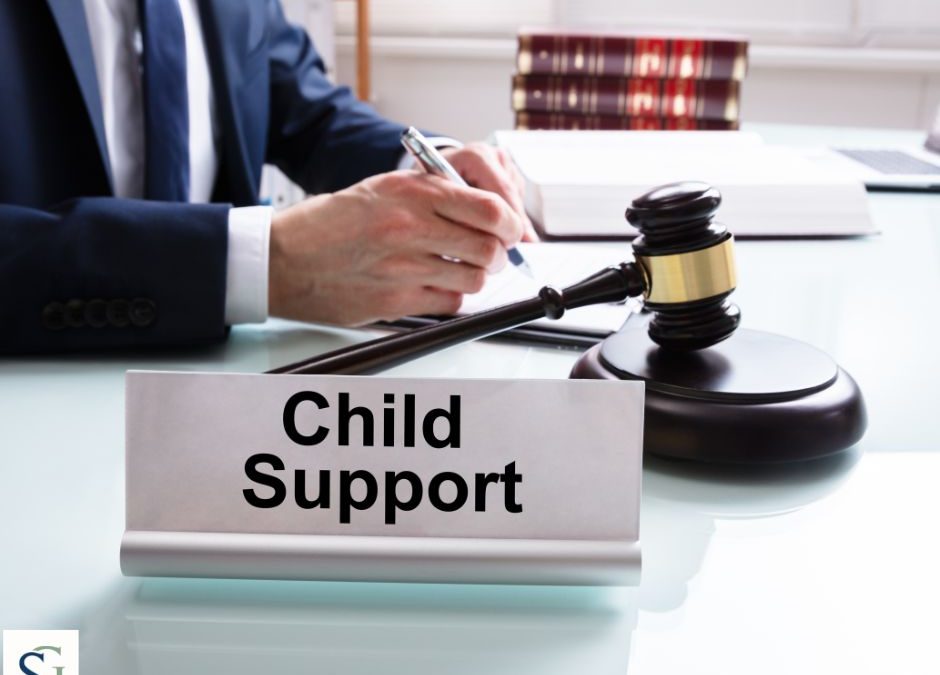If you are looking at an upcoming divorce, many things will need to be decided from the splitting of marital assets to what kind of custody arrangement you will have with your co-parent.
If you are the co-parent that does not have the children full-time, you may be required to pay child support to the other co-parent.
The State of Virginia defines “support” as the financial duty of a mother and father to support their children. The amount of that support depends on the needs of the parties involved and the abilities of each person to pay support.
How is child support calculated?
The total amount of child support is based on the combined gross income of the mother and father. Once the total support obligation is calculated, that amount is multiplied by the percent of the total income attributed to the person owing support. The final result determines the percentage of support owed by each parent.
For example, if the father is the full-time parent and the mother is paying support and the mother’s income is 70% of the parents’ total combined income, then the mother will pay 70% of the calculated child support amount.
Other expenses can be added to the overall amount of child support as well. For example, the co-parents will need to decide who is paying health care costs, medical and dental expenses, and child care costs, etc.
How is child support paid?
There are two options for paying child support. The owing parent can either pay the other parent directly or they can pay support through the Virginia Department of Social Services Division of Child Support Enforcement. The DCSE can also take payment directly from the owing parent’s paycheck by wage assignment or by an income withholding order.
FAQs
What if the parents have shared custody? How does that impact child support calculations?
When parents have shared custody, the court may use a different formula to calculate child support. The court will determine the number of overnight visits each parent has with the child and adjust the child support amount accordingly. Shared custody arrangements may result in lower child support payments compared to sole custody situations.
Can child support be modified if there are changes in circumstances?
Yes, child support orders can be modified if there are significant changes in circumstances that impact either parent’s financial situation or the child’s needs. Common reasons for modification include changes in income, changes in custody arrangements, or significant changes in the child’s expenses. It’s important to follow the appropriate legal process to request a modification.
How is income calculated for child support purposes?
Income for child support purposes typically includes all sources of income, such as wages, salaries, self-employment income, bonuses, commissions, rental income, and certain benefits. It is essential to provide accurate and complete financial information to ensure fair child support calculations.
Can child support payments be made directly between parents, or must they go through the Virginia Child Support Enforcement Division?
Child support payments can be made directly between parents IF both parties agree to it. However, many child support orders require payments to go through the Virginia Child Support Enforcement Division. This helps ensure proper documentation and accountability for the payments.
Is it necessary to hire an attorney for child support matters in Virginia?
While it is not legally required to hire an attorney for child support matters, having legal representation can be highly beneficial. An experienced family law attorney can help navigate the complexities of child support calculations, advocate for your rights, and ensure the best interests of the child are protected throughout the process.
When going through a divorce and deciding on custodial issues including child support, you should always seek the guidance of an experienced legal mind to help you through the process.

